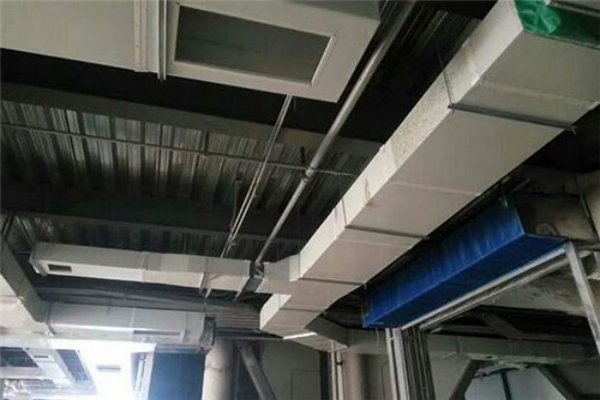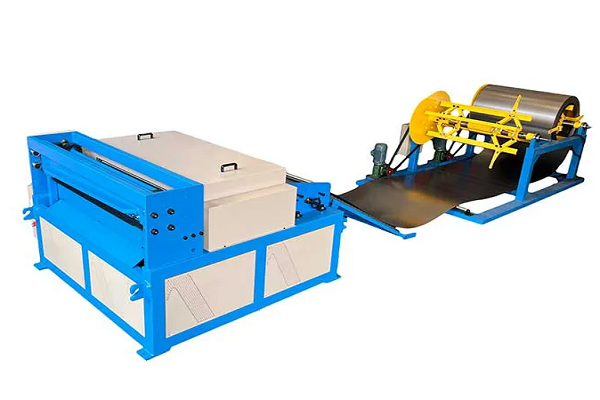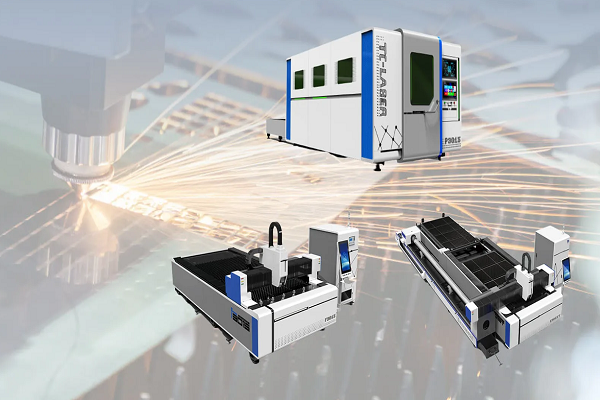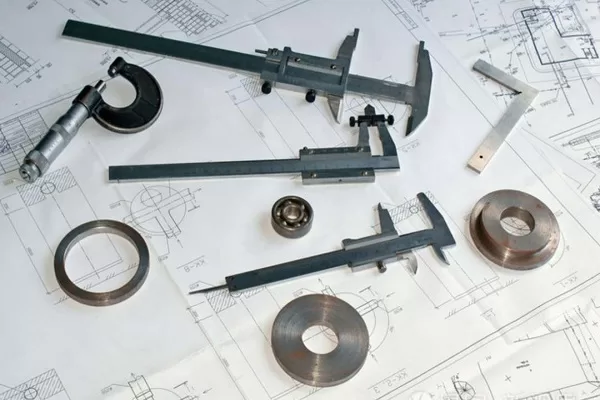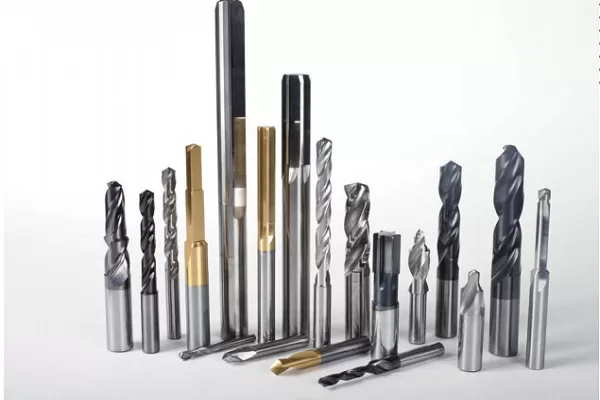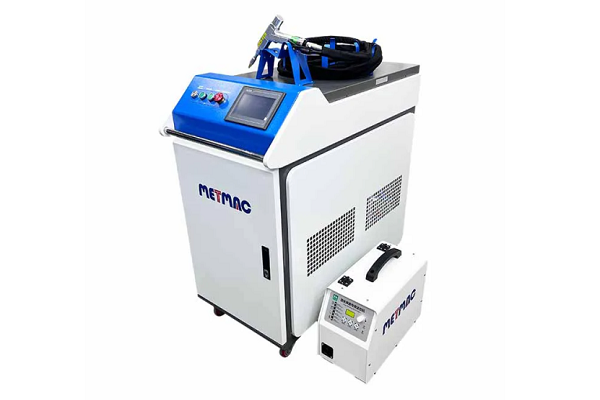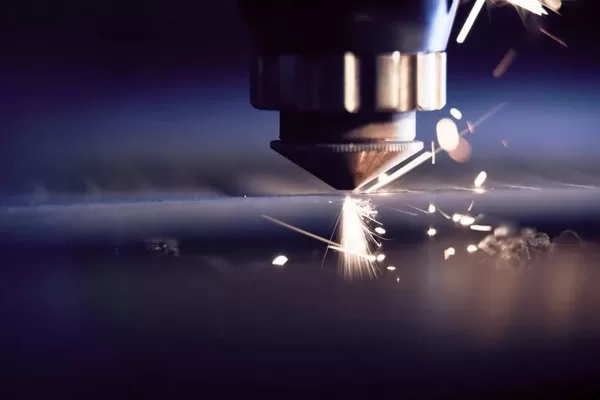
Precision Engineering- Ensuring Accuracy with Metal Bending Machinery
- By:Metmac
- 2024-05-16
- 19
Precision engineering is a critical aspect of metal fabrication, enabling the creation of components and structures with precise dimensions and tolerances. Metal bending machinery plays a pivotal role in this process, ensuring the accurate forming and shaping of metal sheets, tubes, and beams. By utilizing advanced technology and rigorous quality control measures, these machines deliver exceptional levels of precision, meeting the demanding requirements of various industries.
Advanced Machinery and Automated Processes
Modern metal bending machinery incorporates advanced technologies such as computer numerical control (CNC), which allows for precise programming of the bending process. CNC systems control the movement of the bending ram, ensuring consistent angles and radii. Automated processes reduce human error and enhance repeatability, leading to consistent, high-quality results.
Precision Sensors and Monitoring Systems
Metal bending machinery is equipped with precision sensors and monitoring systems to ensure accuracy throughout the bending process. These sensors continuously monitor the position of the ram and the workpiece, detecting any deviations from the programmed parameters. The machinery can make real-time adjustments to compensate for any variations, resulting in precise bending results.
Cutting-Edge Material Handling Systems
Precision metal bending requires efficient material handling to ensure proper alignment and prevent damage to the workpiece. Advanced machinery features automated material handling systems that accurately position the metal sheet or tube before and after the bending process. These systems minimize the risk of misalignment and ensure consistent bending results.
Tooling and Die Design
The tooling and dies used in metal bending machinery play a crucial role in achieving precision. Engineers carefully design and manufacture these components to match the specific requirements of the bending application. The use of high-quality materials and precise machining techniques ensures durability and dimensional accuracy, allowing for consistent bending results over time.
Quality Control and Verification
Rigorous quality control measures are essential to ensure accuracy in precision metal bending. Machinery manufacturers implement stringent testing procedures and quality inspections to verify the performance of their equipment. Additionally, users can perform regular calibration and maintenance to maintain the accuracy and reliability of their metal bending machinery.
Applications in Diverse Industries
Precision metal bending machinery finds applications in a wide range of industries, including aerospace, automotive, construction, and medical. These industries demand components and structures with precise dimensions and tolerances, which can be achieved through the use of advanced metal bending technology.
Conclusion
Precision engineering plays a vital role in ensuring the accuracy of metal bending machinery. Through the integration of advanced technology, automated processes, precision sensors, cutting-edge material handling systems, and rigorous quality control measures, these machines deliver exceptional levels of precision. Precision metal bending is essential in various industries, enabling the creation of components and structures that meet demanding requirements and contribute to the advancement of technology and innovation.

